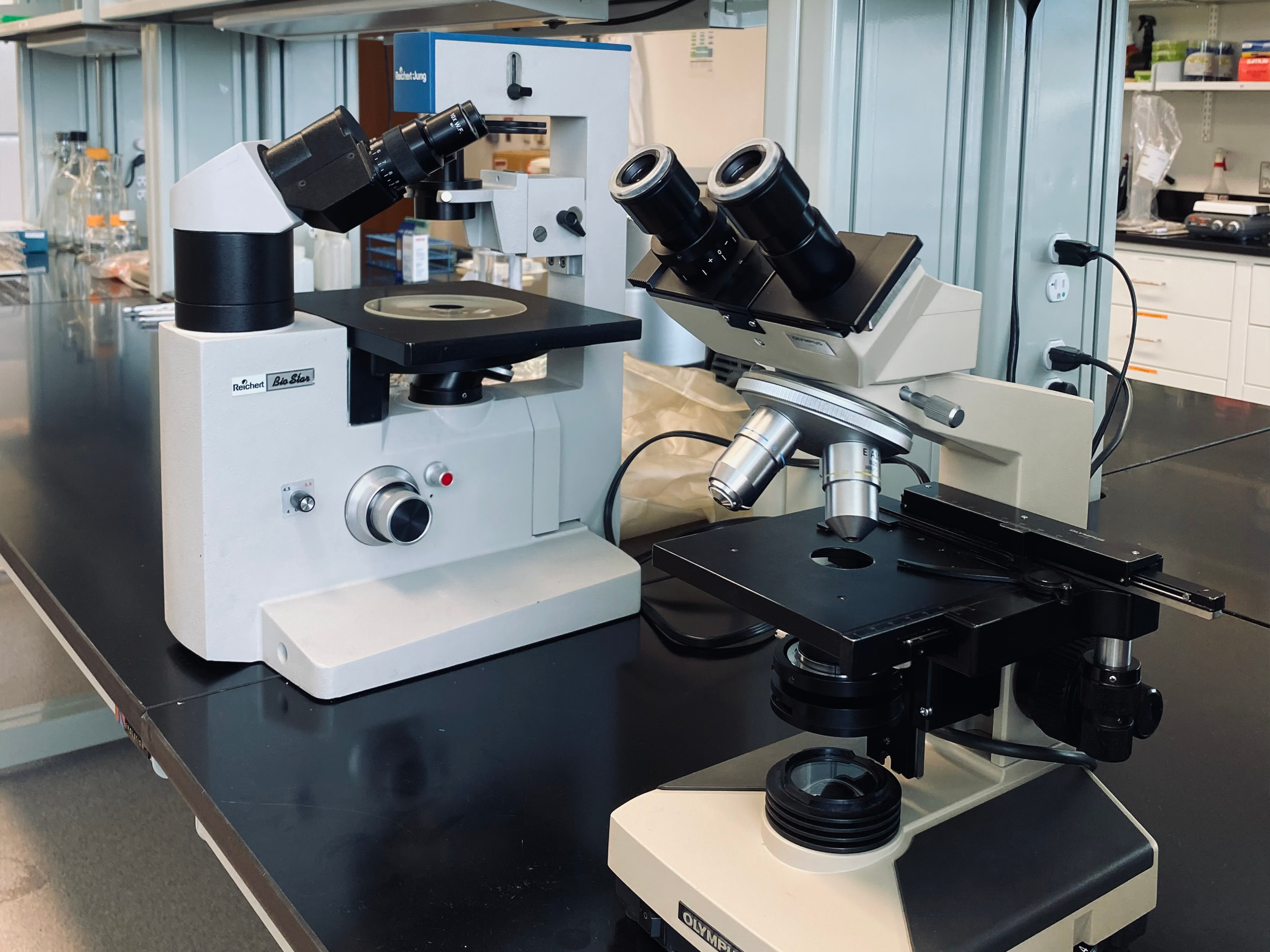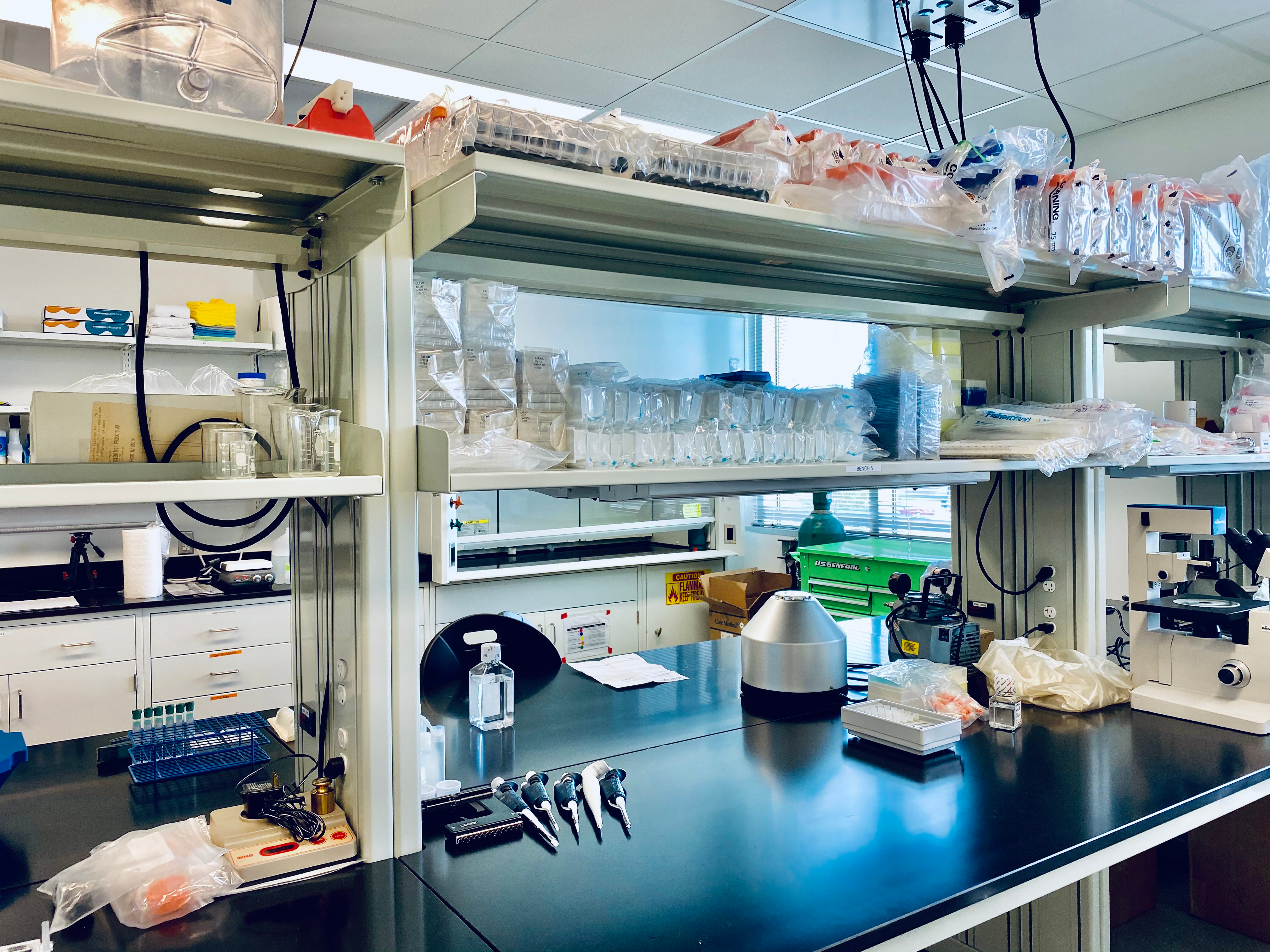Infectious Diseases: Anti-HIV Therapeutics and a proprietary methodology
Enzolytics is a Texas-based biotechnology company with both patented anti-HIV therapeutics and a proprietary methodology for producing fully human IgG1 monoclonal antibodies for treating infectious diseases with non-toxic passive immunotherapy. The Company has clinically tested its anti-HIV therapeutics known as ITV-1. ITV-1 is a suspension of Inactivated Pepsin Fragment (IPF), a purified extract of porcine pepsin. ITV-1 has been shown to strengthen the immune system and may be used to facilitate a broad range of applications. ITV-1 has been tested in HIV patients in a clinical trial conducted under the strict guidelines of the European Union, where it demonstrated beneficial outcomes. Additionally, the Company has created a proprietary cell line that produces fully human monoclonal antibodies that target and neutralize the HIV virus.
The Company’s scientific team, Harry Zhabilov, Joseph Cotropia MD, and Gaurav Chandra MD, pioneered the Company’s proprietary therapeutics for treating infectious diseases, including HIV-1, Hepatitis (A, B, C), rabies, influenza A and B, tetanus, and diphtheria. The Company’s therapeutics may also be used to treat Rheumatoid Arthritis and certain forms of cancer.


The Company has also pioneered a proprietary method for creating human cell lines that produce fully human monoclonal antibodies directed against many infectious diseases. One antibody (designated as CLONE 3) has been demonstrated in tests in 5 international labs to fully neutralize over 95% of all strains and viral subtypes of HIV-1 against which it has been tested.
These HIV therapeutics may be used as an immunotherapeutic treatment for individuals with HIV/AIDS. They may also be developed for use as a prophylactic and therapeutic vaccine to prevent uninfected populations from contracting the HIV virus. Treatment using the fully human anti-HIV antibody will be far superior to current ARV therapy for several significant reasons: (1) the therapy will be effective and non-toxic, (2) will not require lifetime treatment, and (3) will be far less expensive.
Thus, for the patient, immunotherapy will be remarkably different — it will be safer, provide a much-needed immunotherapeutic cure rather than requiring lifelong treatment, and costs substantially less than current antiretroviral therapy.
The Company also has created human cell lines that produce human antibodies against other infectious diseases, including rabies, influenza, tetanus, and diphtheria. As a part of its mission, the Company is testing these antibodies to prepare them for use as therapies against these diseases.

